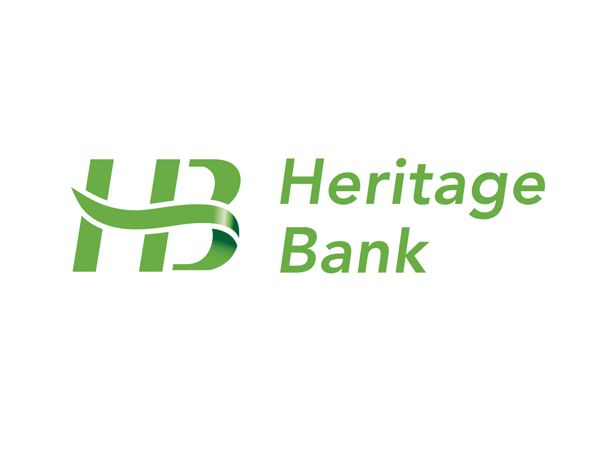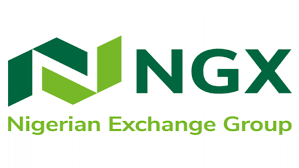Disquiet has started trailing a statement issued by the Nigerian National Petroleum Corporation (NNPC) on Thursday last week, announcing that it would continue to deliver 100m litres daily to Nigerians.
The Corporation claimed that it has started bringing in two cargoes of petrol per day for the rest of this month, February, in order to boost supply and eradicate the fuel queues that had resurfaced in many cities across the country.
The statement signed by Mr. Ndu Ughamadu claimed that each of the cargoes would carry 50 million litres of petrol, making a total of 100 million litres that would be brought in daily for the rest of February to increase supply and replenish strategic reserves.
“Also, to enhance supply, 45 million litres of petrol were discharged from ships into jetties across the country yesterday (Wednesday),” the corporation said in a statement issued by its Group General Manager, Group Public Affairs Division, Ndu Ughamadu, in Abuja.
It stated that prior to the discharge of 45 million litres, there were 324 million litres of petrol on land and 432 million litres in marine storage, making a total of 756 million litres, enough to last for 22 days at 35 million litres daily consumption rate.
“The jetties that received the 45 million litres shipment include NACJ, Apapa; Bop, Apapa; Techo Jetty, Lagos; Dutchess, Oghara; Vine Jetty, Calabar; Chipet Jetty, Lagos; and ECM Jetty, Calabar,” the statement added.
It further stated that to ensure efficient distribution of the product to depots in the hinterland, the Nigerian Pipeline and Storage Company, a midstream subsidiary of the NNPC, had been mandated to fix relevant pipelines to facilitate seamless pumping, in addition to the trucking arrangement that was in place.
Analyzing the implications of the NNPC statement, industry pundits said the new drive is another way of stifling life out of major marketers as it means that only the Corporation remains the sole importer of petroleum products.
Analysts say the development will not mean well for downstream investors who have over the years spent borrowed funds to build infrastructures.
Besides, many of the times, NNPC served as sole importer of products, scarcity had always been the order of the day as it lacks the logistics to saturate the country with products unless major marketers are involved.
According to an industry expert who pleaded anonymity, “What NNPC is doing is killing the downstream operators. NNPC has now combined the jobs of a regulator and player in the downstream sector and that cannot be sustained for too long”.
“It is time for the government to come out boldly and tell Nigerians the truth and nothing but the truth as far as fuel importation is concerned.
The expert argued that “The option so far given to the government by marketers remains the best bet. Major marketers want government to give them strategic tax holidays; a leverage that will take care of the marginal cost raised by landing cost due to high crude oil price at the international market”.
The expert noted that whatever effort the NNPC is making that fails to factor in the place and business of major marketers will not pass the test of time as far as fuel scarcity is concerned.
Even though NNPC had constantly assured Nigerians that the queues would disappear, fuel scarcity situation in Lagos, Abuja and throughout the country remained intractable as where the product is on sale, it is either above recommended pump price with endless queue, or above pump price with seamless purchase.
Observers say the government is currently at cross-roads on the dangers of jerking up fuel price which the situation really needs because of the approaching election year.









